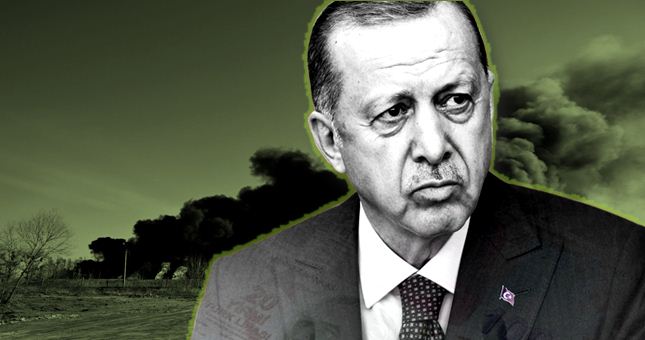The Turkish economy was already in the doldrums; the Russia-Ukraine war has vehemently aggravated the economic crisis in the country. The war has gravely undermined President Recep Tayyip Erdoğan’s newly-launched economic model to shore up the Turkish economy.
Turkey desperately needs to bridge its current account deficit gap. So, the country was looking forward to boosting its exports and safeguarding its Lira deposits to soften the blow of skyrocketing inflation. Now, the war has resulted in all those efforts hitting a deadlock
Turkey’s Tourism sector kisses the floor
Turkey’s tourism sector is the most affected of all. Turkey gets around 30% of its total foreign tourists from Russia and Ukraine. They make up around 15% of the total revenue of the tourism sector.
Al-Monitor reports that Russians were the largest group of foreign visitors to Turkey in 2021, numbering some 4.7 million or 19% of all tourists. Ukrainians ranked third after Germans, numbering about 2 million or 8%. Turkey was hoping to achieve the target of $35 billion in revenues this year from this sector. The war has totally upended the projections.
Turkey’s reliance on energy imports a constant pain in the neck
Another constant pain in the neck is Turkey’s heavy reliance on energy imports. Turkey meets around 30% of its gas demands by Russian gas imports. And the prices of gas and fuel have already skyrocketed this year. This means that Turkey will have to spend a lot more on energy imports than the last year, thus completely jeopardizing Turkey’s plans to bridge the ever-expanding current account deficit gaps.
The country’s foreign trade deficit increased by 186% on a year-on-year basis to around $19 billion in the first two months of 2022. Energy imports cost $8 billion in February out of total imports of $28.1 billion, and the foreign trade deficit stood at $8.1 billion, a 142% increase from the same period last year.
Thanks to the Russia-Ukraine crisis, oil prices had surged to a record of $115 a barrel last week. Data suggests that every $10 rise in the price of oil adds $5 billion to Turkey’s current account deficit. And this translates to even more inflation in the Turkish markets. Every $10 rise in the price of oil pushes Turkey’s consumer inflation up by 1.5 percentage points.
Food prices go soaring
Food prices have also experienced a dramatic surge in Turkey over the past two months. Supplies from Russia and Ukraine make up 70% of Turkey’s total sunflower oil imports.
Al-Monitor reports that at least 15 ships carrying crude sunflower oil to Turkey are reportedly stranded in the Sea of Azov, denied exit by the Russians. The industry experts of the country warn that the current reserves are expected to last by mid-April, following which the country may experience a severe lack of vegetable oil.
Turkey’s leather industry faces the heaviest blow
Of all, Turkey’s leather industry must be facing the heaviest blow due to the Russia-Ukraine crisis. Turkey’s leather industry relies heavily on buyers from Russia and Ukraine. Industry observers say orders worth $200 million have already been cancelled in a matter of a few days.
Given the rising escalation in Ukraine, there is no relief in sight for thousands of traders in the district of Laleli, the heart of the Turkish leather and garments industry.
Turkey is not directly involved in the Russia-Ukraine crisis. But, it has a bag full to lose should the Russian invasion continue to escalate steadily. Turkey, a NATO member country and a major supplier of arms to Ukraine, has been striving to broker a peace deal between the two warring sides, but with little success. It’s still unclear who’s going to emerge out as the winner of this ongoing battle in Ukraine, but it’s crystal clear that Turkey is already emerging as the biggest loser of all.
